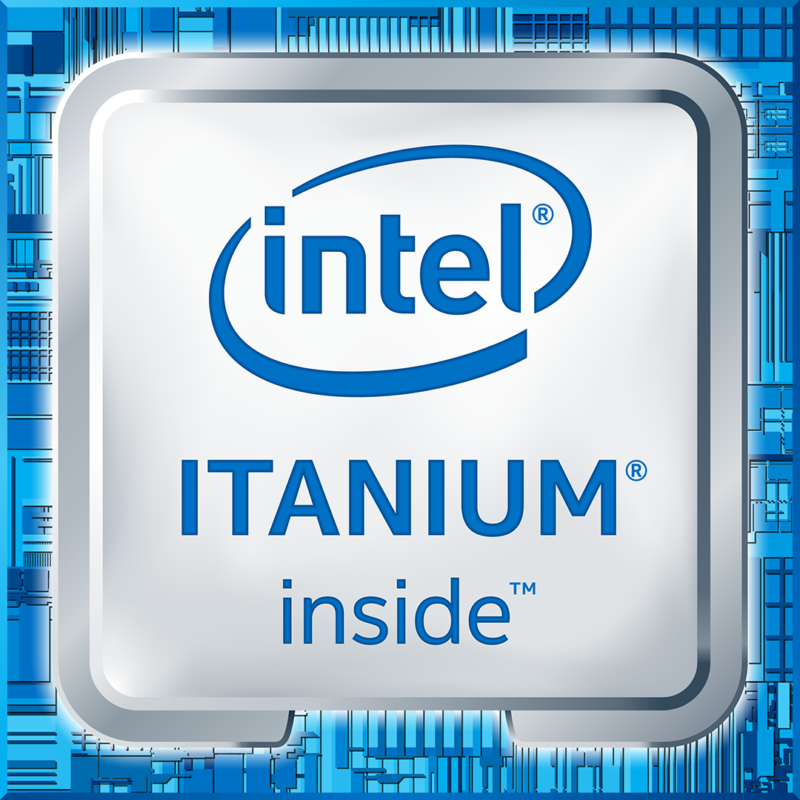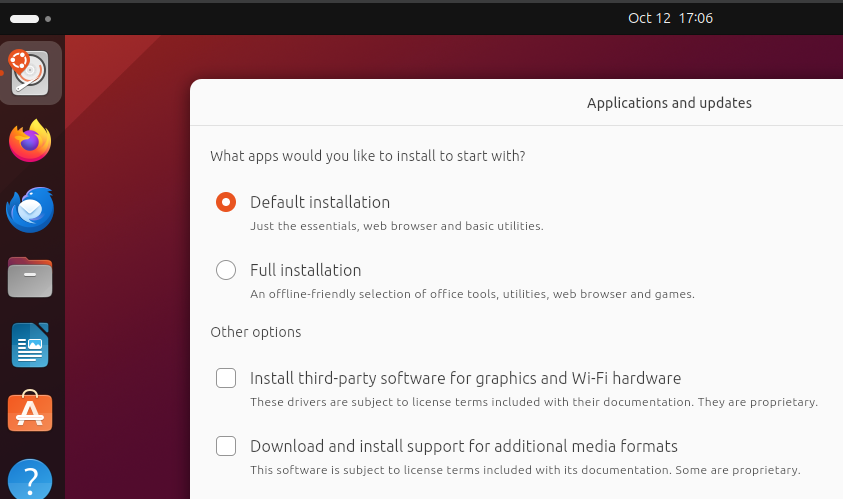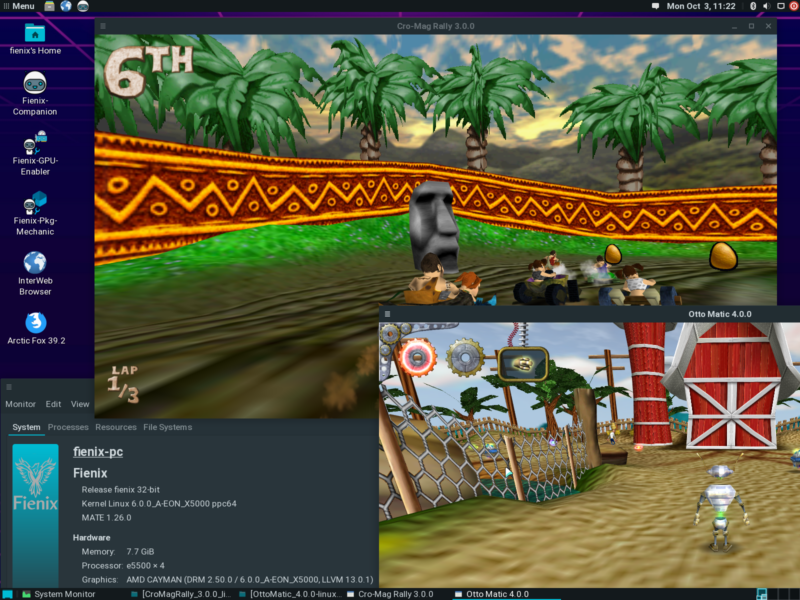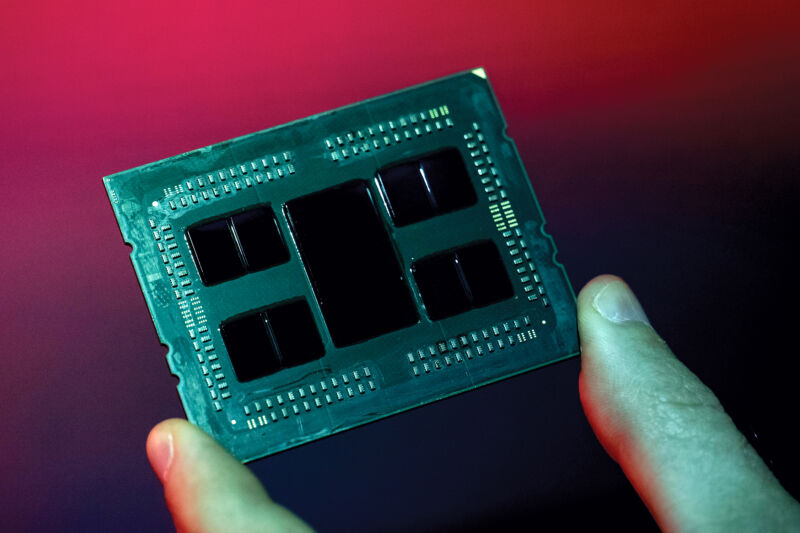-
 chevron_right
chevron_right
Linus Torvalds reiterates his tabs-versus-spaces stance with a kernel trap
news.movim.eu / ArsTechnica · Tuesday, 16 April - 21:51 · 1 minute

Enlarge / Cans of Tab diet soda on display in 2011. Tab was discontinued in 2020. There has never been a soda named "Spaces" that had a cult following. (credit: Getty Images)
Anybody can contribute to the Linux kernel, but any person's commit suggestion can become the subject of the kernel's master and namesake, Linus Torvalds. Torvalds is famously not overly committed to niceness , though he has been working on it since 2018 . You can see glimpses of this newer, less curse-laden approach in how Torvalds recently addressed a commit with which he vehemently disagreed. It involves tabs.
The commit last week changed exactly one thing on one line , replacing a tab character with a space: "It helps Kconfig parsers to read file without error." Torvalds responded with a commit of his own, as spotted by The Register , which would " add some hidden tabs on purpose ." Trying to smooth over a tabs-versus-spaces matter seemed to awaken Torvalds to the need to have tab-detecting failures be "more obvious." Torvalds would have added more, he wrote, but didn't "want to make things uglier than necessary. But it *might* be necessary if it turns out we see more of this kind of silly tooling."
If you've read this far and don't understand what's happening, please allow me, a failed CS minor, to offer a quick explanation: Tabs Versus Spaces will never be truly resolved, codified, or set right by standards, and the energy spent on the issue over time could, if harnessed, likely power one or more small nations. Still, the Linux kernel has its own coding style , and it directly cites "K&R," or Kernighan & Ritchie , the authors of the coding bible The C Programming Language, which is a tabs book. If you are submitting kernel code, it had better use tabs (eight-character tabs, ideally, though that is tied in part to teletype and line-printer history ).

 After several solid months of development the Linux 6.8 kernel has been officially released. This kernel is of particular note to Ubuntu users as it’s the version chosen to ship in Ubuntu 24.04 LTS – i.e., as the GA kernel and thereby supported for the duration of the release. Announcing the release of Linux kernel 6.8 on the official Linux Kernel Mailing List (LKML) Linux founder Linus Torvalds says: “This is not the historically big release that 6.7 was – we seem to be back to a fairly average release size for the last few year.” Adding: “You can see […]
After several solid months of development the Linux 6.8 kernel has been officially released. This kernel is of particular note to Ubuntu users as it’s the version chosen to ship in Ubuntu 24.04 LTS – i.e., as the GA kernel and thereby supported for the duration of the release. Announcing the release of Linux kernel 6.8 on the official Linux Kernel Mailing List (LKML) Linux founder Linus Torvalds says: “This is not the historically big release that 6.7 was – we seem to be back to a fairly average release size for the last few year.” Adding: “You can see […]






 A brand new Linux kernel is now available to download. In this post we recap the core changes and new features you'll find tucked up inside Linux 5.11.
A brand new Linux kernel is now available to download. In this post we recap the core changes and new features you'll find tucked up inside Linux 5.11.